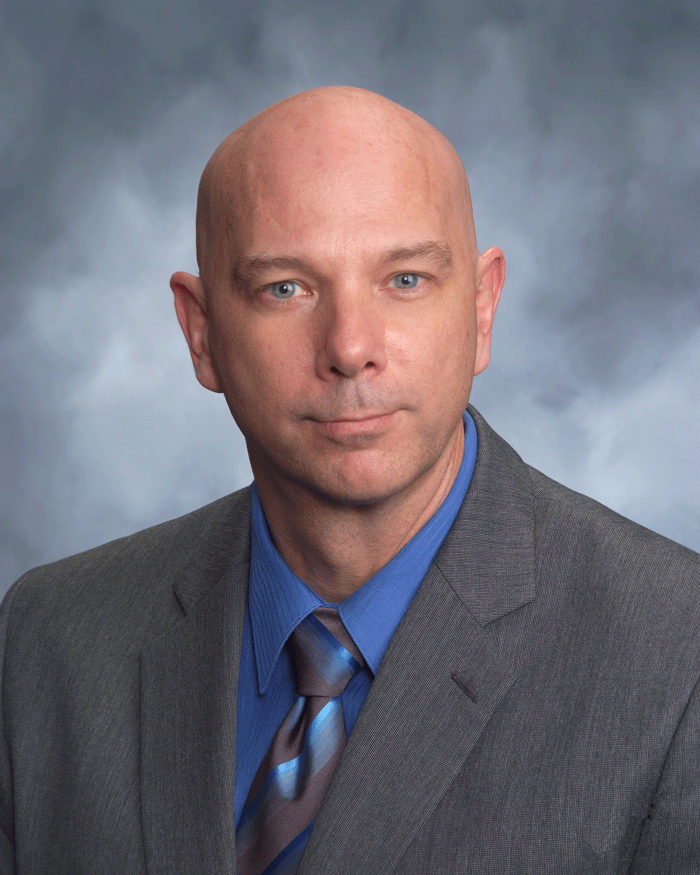
Through the years, I have read volumes of academic visions containing indecipherable educational jargon that seems to create more questions than answers. (Unfortunately, I have also produced my fair share as well!) Yet, I have rarely seen any succinct academic visions for Pk-12 education through the elementary, middle, and high school levels. Education is an infinitely complex journey, but the challenge of a long journey has never stopped anyone from starting with a simplistic road map. Likewise, I think we need more clarity in education about progression from elementary to high school. Like a long road trip across the country, we need to know our destination, and we need to know which way to turn at Albuquerque. Below is a simple academic vision for PK-12 education:
At the elementary level, each grade will foster high character, healthy relationships, and strong morals as evidenced through personal accountability. Mastery of essential academic skills and facts necessary to succeed at the next grade level will be the primary focus for all students, with reading and math literacy always taking precedence. Mastery of reading and math skills will be further evidenced in their application through writing and speaking about science, history, civics, and other academic subjects. Graphic and performing arts will enrich and support academic growth. Physical education and unstructured play will be incorporated as essential components of childhood and necessary to learning.
At the middle level (middle schools and junior highs), mastery of elementary skills will be expected upon entry, and if necessary, students will be rigorously remediated until mastery of essential academic skills necessary for middle level coursework can be evidenced. High moral character and behavior are expectations as students grow and mature socially. Middle level coursework will provide deeper exploration of distinct academic subjects. Students will support results and conclusions with evidence, facts, and logical discourse through written and oral communication. Graphic and performing arts will support deeper understanding of history and culture through artistic expression. Health/physical education, athletic competition, and extra-curricular participation will be promoted for all students. Pre-college and pre-career diagnostics will provide students and parents with insight regarding possible career paths as they prepare for high school.
Finally, high schools will be structured as college and career preparation centers that foster strong social connections. All academics, programs, and discipline will prepare students to enter the workforce, to further their education, and to be productive community members. College and career readiness assessments will guide all academic instruction. Whenever possible, students will be challenged to address real-world academic, civic, and business issues within a given field and model professional behavior. Highest evidence of proficiency will be demonstrated through written and oral communication, artistic expression, professional experiences (internships/mentorships), and concurrent enrollment. Participation in extra-curricular activities is affirmed as an essential component of students’ growth. Every student will graduate, and every student will graduate with college or career experience.
As a career educator, I wonder if we have unnecessarily complicated the educational process. Oversimplification is certainly not the answer, but in an increasingly complex and divisive world, parents, students, and educators need to identify their common ground and shared expectations regarding education. In my experience, when they are given that chance, they will agree much more than they disagree, and when they disagree, they will do so with tolerance and dignity. Perhaps my little academic vision is imperfect, but that’s ok if it will begin crucial conversations to rediscover the role and nature of schools.
Tom Deighan is currently the superintendent of Duncan Public Schools. He may be reached at deighantom@gmail.com You may read past articles at www.mostlyeducational.com